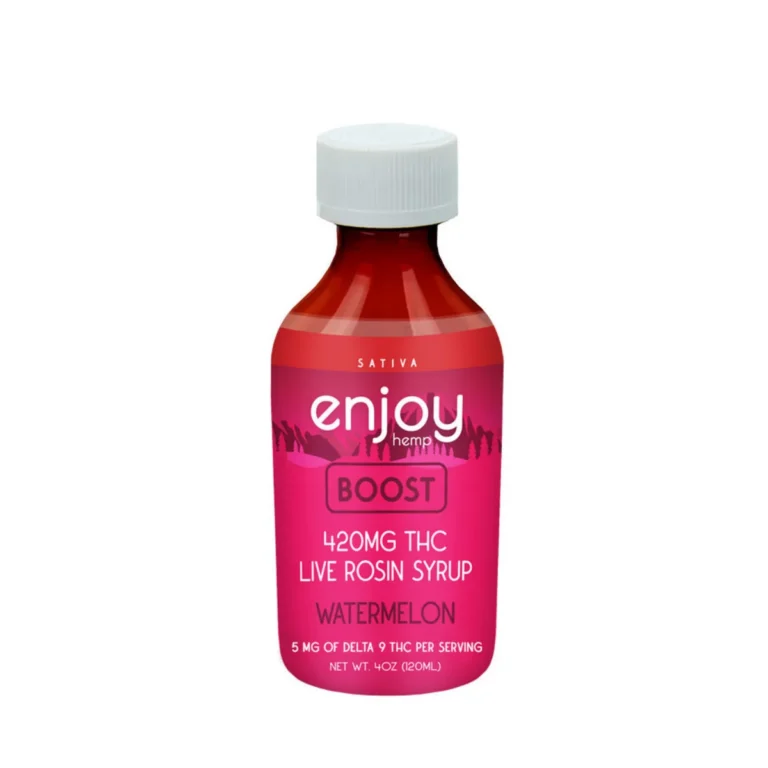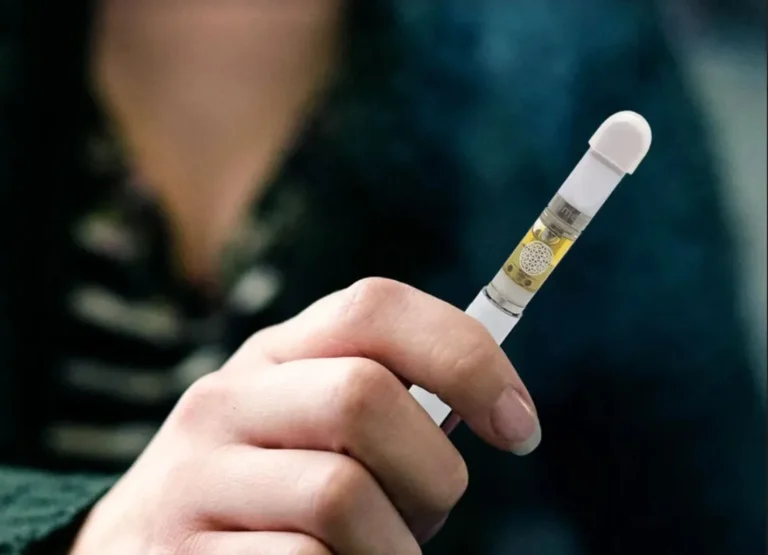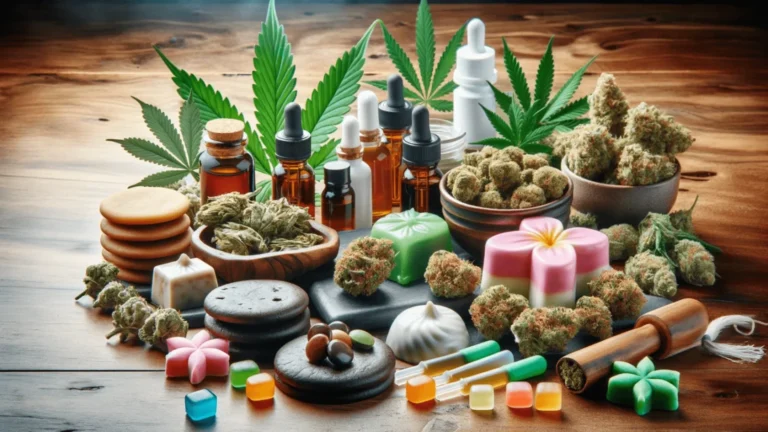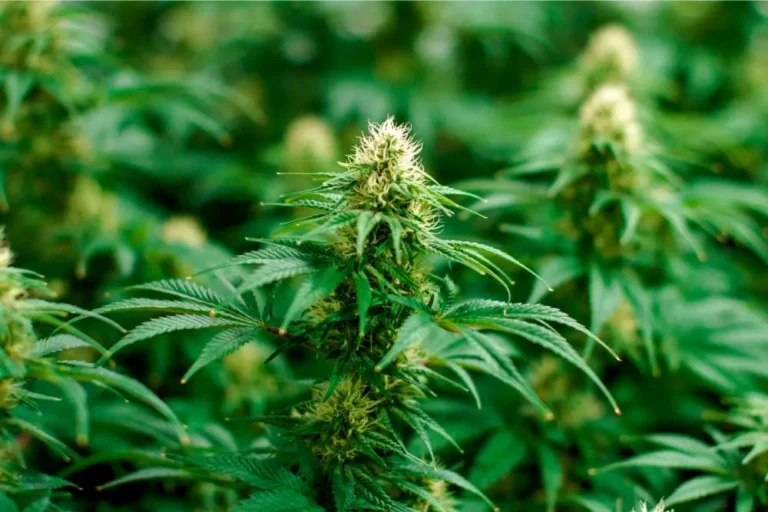Does Delta 9 Help With Anxiety
Delta-9-tetrahydrocannabinol (THC), widely known as Delta 9, is the primary psychoactive compound in cannabis. Recognized for inducing the euphoric “high” often associated with marijuana, it has also garnered attention for its potential impact on mental health, particularly in relation to anxiety. With anxiety disorders affecting millions of individuals seeking effective solutions, the therapeutic potential of cannabinoids like Delta 9 has become a topic of increasing interest. But can Delta 9 actually play a role in alleviating anxiety?
Delta 9 and Its Interaction with the Endocannabinoid System
To understand Delta 9’s potential influence on anxiety, it’s vital to examine its relationship with the endocannabinoid system (ECS). The ECS is a sophisticated cell-signaling network that spans the body, playing a fundamental role in regulating mood, stress, and emotional responses. This system comprises receptors, endocannabinoids, and enzymes, all working together to sustain the body’s equilibrium, known as homeostasis.
Delta 9 primarily interacts with CB1 receptors within the ECS, which are concentrated in the brain and central nervous system. Activation of CB1 receptors can affect neurotransmitter release, influencing mood, memory, and stress perception. This mechanism may explain why some users experience relaxation and reduced stress when using Delta 9, as activating these receptors can help temper excessive stress responses. However, individual experiences with Delta 9 can differ significantly based on factors such as dosage, tolerance, and genetic predispositions.
Exploring Delta 9’s Anxiolytic Properties
Delta 9 is believed by some to provide temporary relief from anxiety symptoms. In smaller amounts, it may help alleviate feelings of anxiety by encouraging relaxation and lifting mood. This potential calming effect could mimic the action of anxiolytic medications, as it appears to reduce the brain’s response to stress. By boosting dopamine levels, a neurotransmitter associated with happiness and motivation, Delta 9 might also foster an overall sense of well-being.
Research has also indicated that Delta 9 may influence the amygdala, a brain region involved in managing emotions like fear and anxiety, further contributing to its possible anxiety-reducing properties.

Delta 9’s interaction with the amygdala may contribute to reducing anxiety symptoms by calming the heightened activity often associated with anxiety disorders. By tempering the amygdala’s response, Delta 9 could help individuals face stressful situations with greater composure and ease.
Factors That Influence Delta 9’s Impact on Anxiety
Although Delta 9 shows potential for alleviating anxiety, several elements influence its effectiveness, such as dosage, personal tolerance, and the method of use. Lower doses are more likely to promote relaxation, whereas higher doses can intensify anxiety or cause paranoia. This biphasic effect highlights the importance of dosage, as excessive amounts can overstimulate, particularly for individuals unfamiliar with cannabis.
Personal biochemistry further shapes the experience of Delta 9. Sensitivity to its psychoactive properties varies, and for some, it may heighten anxiety rather than reduce it. Those prone to anxiety are advised to begin with smaller doses and monitor their reactions carefully. Additionally, the strain of cannabis and its terpene profile can affect outcomes. Strains containing calming terpenes like myrcene and linalool may enhance the anti-anxiety benefits of Delta 9.
Understanding Risks and Limitations
Delta 9 is not a universal solution for anxiety and can have drawbacks. Chronic or excessive use may increase dependency and worsen symptoms over time. Its psychoactive effects also present challenges in scenarios requiring mental clarity, such as work or social interactions.
Research suggests that long-term use of Delta 9 could alter the body’s endocannabinoid system (ECS), potentially impairing its ability to naturally regulate anxiety. This process, known as tolerance, occurs when frequent use down-regulates CB1 receptors, reducing Delta 9’s effectiveness. To maintain its benefits and prevent tolerance, moderation and self-awareness are crucial.
Alternative Cannabinoids and Anxiety Relief
For individuals who experience negative effects from Delta 9, cannabinoids like cannabidiol (CBD) may offer a non-psychoactive alternative for anxiety relief. CBD interacts with the ECS differently, producing calming effects without the “high.” Combining CBD with Delta 9 in a balanced formula is another option, as CBD may counteract some of Delta 9’s stimulating effects. This synergy can help promote relaxation while minimizing risks like paranoia or increased anxiety, creating a more controlled and soothing experience.
The Future of Delta 9 in Anxiety Treatment
Ongoing research continues to explore Delta 9’s role in anxiety management, shedding light on its long-term effects and potential risks. As studies progress, a clearer understanding may emerge regarding the optimal use of Delta 9 for mental health support.
For those considering Delta 9 as an option for anxiety relief, consulting a healthcare professional is essential. Expert guidance can help determine appropriate dosing and assess potential interactions with existing treatments. While Delta 9 is not a replacement for professional mental health care, it may serve as a complementary tool for managing anxiety in some cases.






